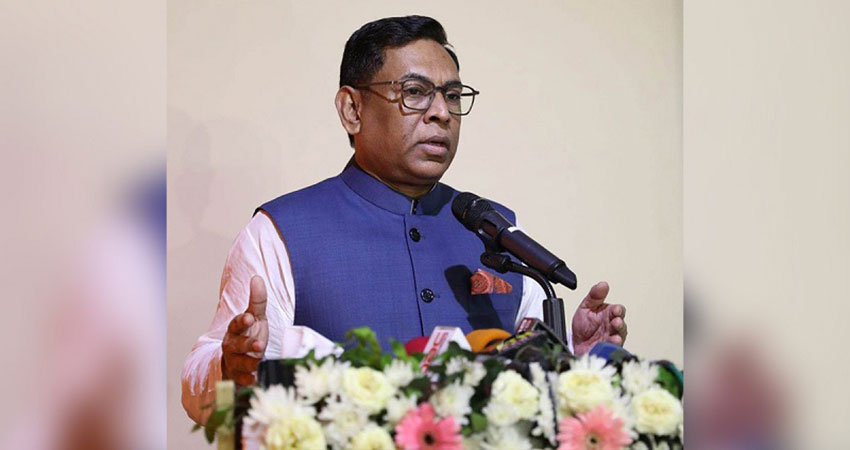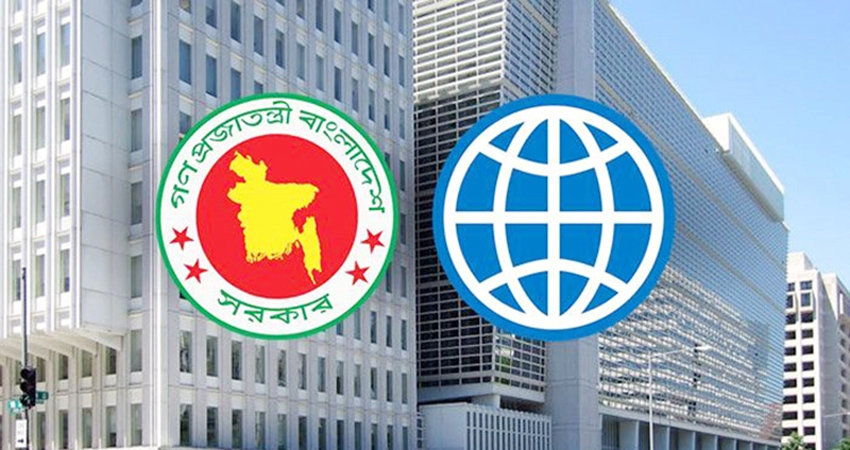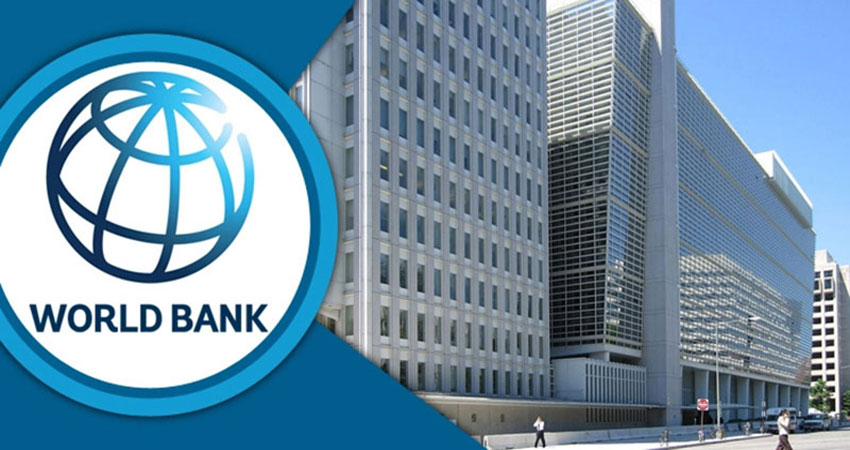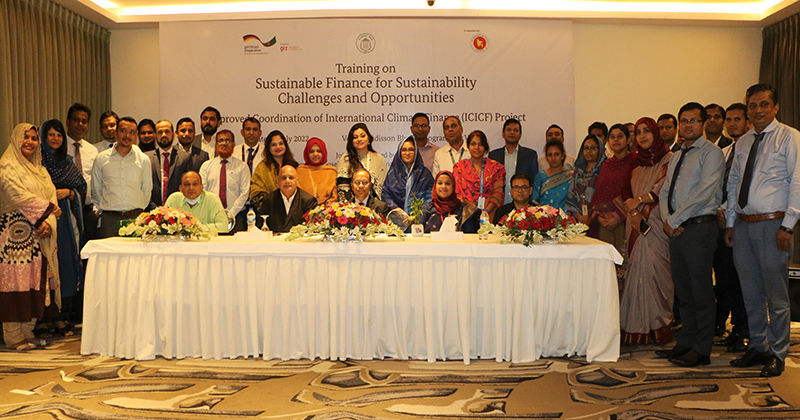Noted economist and Distinguished Fellow of the Center for Policy Dialogue (CPD) Dr Debapriya Bhattacharya says that the sudden fluctuation of fuel oil price is a major indicator of fiscal disharmony.
He said that taxes have been imposed and again reduced without doing any overall calculation, said Debapriya at the Economic Reporters Forum (ERF) office in Paltan in the capital during an ERF dialogue on Tuesday.
He raised the question of who is taking these decisions and where the decisions are being taken.
"I have not heard these issues being discussed in the concerned committee of the Ministry of Finance. If the policy lacks credibility, the market does not accept it", he added.
He said, "Some are saying that commodity prices will decrease in the next two to three months, but I do not see any such signs in reality. Rather, this kind of statement creates more distrust in the market, makes it more complicated. The more denial [of current reality] the less chance of resolution."
However, regarding the overall economy of the country, he said, the country's economy is under pressure, but not in crisis. But if not dealt with and there is an attitude of denial, it will turn into a structural problem, he added.
At this time, he highlighted the four fault lines of the country's economy. These are increased public investment but less than expected rate of private investment, low level of revenue earnings, lack of growth in education and health sectors compared to spending on physical infrastructure, and disparity in the allocation and distribution of social safety nets.
At the time, he compared the state investment being higher than private investment, to an airplane running on one engine. He said that when public investment is high, private investment (including FDI) does not come in, which creates a crowding out effect. A single engine plane cannot go very far, said the expert.
Debapriya said, now the third looting has started, through which various individuals, groups and institutions are taking benefits through various government development projects. Before this, the second looting started in 2006 through the capital market and the first looting started through institutions like development financial institutions (DFI) such as Industrial Banks, Industrial Credit Institutions, he added.
He said through visible development the government tries to bring civil legitimacy.
He cited an example saying that 2% of GDP has been allocated for Bangladesh's 20 development projects while at the same time the total allocation for education and health is half of that (1%).
Some countries in the world try to deal with the lack of political power with physical infrastructure; because investments in education, health take more than a decade to bear fruit.
Debapriya raised the question of whether the country's biggest project (referring to the Rooppur nuclear power project) would be of any use, as well as its cost. He said, "When we spend $12 billion on this project, India makes $3 billion."
ERF President Sharmeen Rivny presided over the program, while General Secretary SM Rashidul Islam conducted the programme.



















